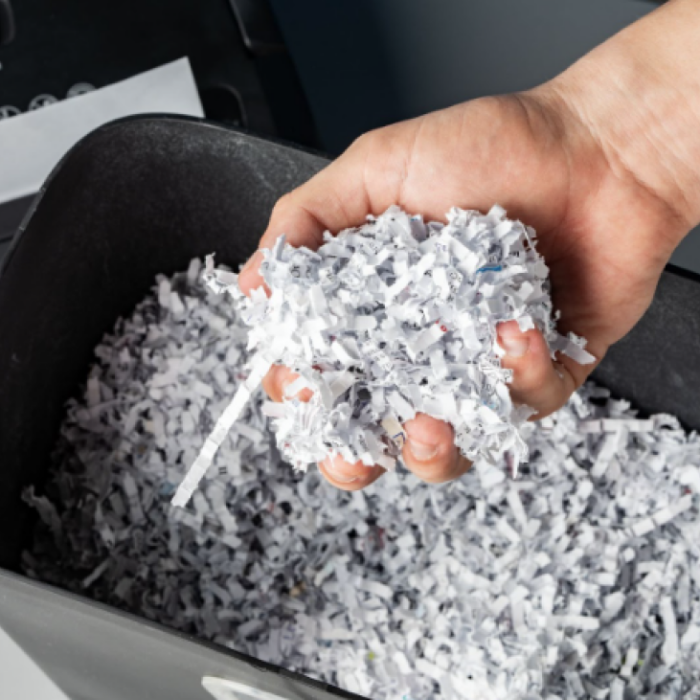How the government, companies and others track you
We’ve all heard of the Big Brother concept—that everything we do is being tracked, or watched by either the government, by companies looking to sell us stuff or by others who want to get a hold of our personal information. And while it may seem outlandish, the fact is, there is a lot of truth to the theory. It’s all too obvious when you search something online, then moments later (often seconds) an ad pops up on the side of your screen for exactly what you were just looking for. Coincidence? Not. Although these ads that you’re being “served” are just a way of delivering personalized information to you, there are many more ways we’re all being tracked that most folks aren’t aware of. Take a look:
While you’re sleeping
Where do you put your cell phone when you hit the hay each night? If you’re like a lot of people, it sits on your nightstand at the ready to wake you in the morning. In fact, many Americans no longer have a land-line in their homes so the cell is their only phone. But did you know that if left on at night, your cell phone could be silently transmitting your location? And, because your cell acts as a GPS, it not only tells where you are, but based on the time of the tracking, where you sleep at night. So anyone looking to gather geographical information on you, has access to it just by tracking your phone.
Cooking a meal
If you’re one of the millions of people who now enjoys the convenience of a smart home device, you’re also open to being tracked while you’re doing the most basic household tasks. And because you can control your lights, music, appliances, thermostats, door locks and more from your phone or a remote device that’s connected to the Internet, you could be unknowingly transmitting personal information about yourself, your location and more.
Listening to music
When you activate your Amazon Echo or Google Home Speaker by voice, those companies actually record what you say every time. These recordings are designed to assist the companies with customizing your experience—but while doing so, they’re also capturing your voice and personal data.
Browsing the web via public Wi-Fi
We all know that our online searches and activity offer data about ourselves, but doing this in public via Wi-Fi is especially risky. For example, if you’re surfing the web while at a coffee shop that offers free Wi-Fi, the person next to you could be watching and tracking what you’re doing—they could even capture personal information you’re sending to sites you visit. A “packet sniffer” is a tool that hackers and identity thieves use to steal data.
Going to a doctor’s appointment
Modern technology allows certain medical devices like pacemakers, defibrillators and more the ability to connect to your physician, the hospital, etc. and transmit medical information. But just as this gives providers an opportunity to keep a watchful eye over your condition, it also gives hackers an opening to view your personal medical information.
Exercising
Who doesn’t love the new fitness trackers that allow you to keep track of every step you take and every calorie you burn? But did you know that while your running in the park, walking in the neighborhood or doing any other sort of exercise, your tracker is not only keeping track of everything, but also transmitting that information to the manufacturers of the device? And that if you’re using your phone to monitor your workout, it’s GPS function may share that data with other apps or on social media? That means that your exact location can be public knowledge at any time and tell people when you are or aren’t at home.
Today’s technology presents new privacy and data security challenges that everyone needs to be aware of. It’s not likely that any of us will discontinue using the technology that makes life more convenient and streamlined, but it’s crucial to be vigilant about protecting your personal information and that of your family. When it’s possible, turn your cell phone off at night, be wary of apps that ask for your location or access to your contacts, photos and other information and don’t share your location online.
To learn more about protecting your identity and personal information, visit our blog. And to find out how you can securely destroy unneeded documents, old hard drives, tablets and cell phones, give us a call at (800) 696-8483. All Points Mobile Shredding will come to you at your home or office to assist you with all your shredding and destruction needs.









